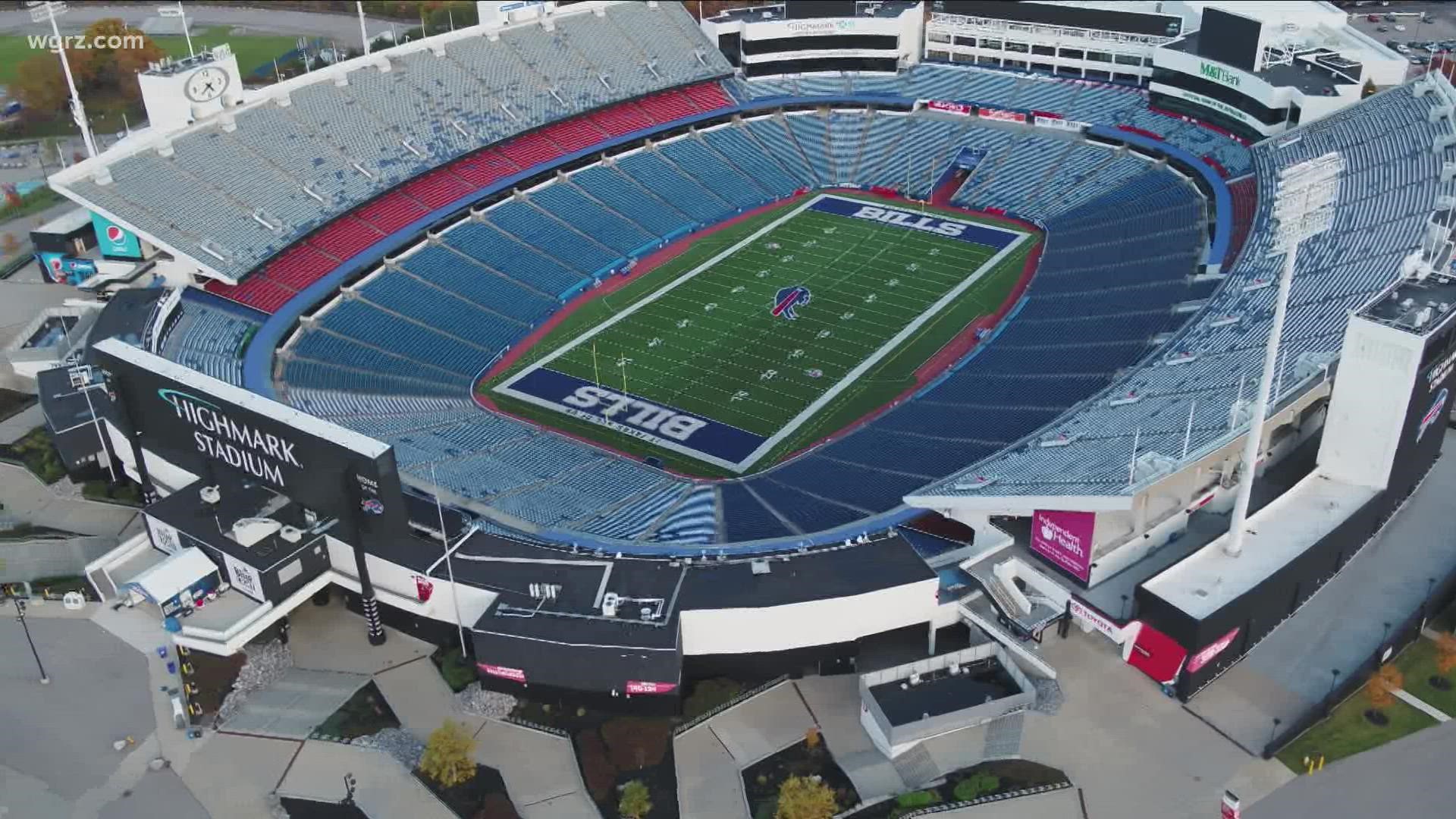ORCHARD PARK, N.Y. — You’ve got Buffalo Bills questions. I’ve got answers. Let’s do this.
Beast of the East: Do you see the Bills making a big trade to address some of their needs? If so who do you think could be potential trade targets? I feel like they need to make a couple of moves to get over the hump (pass rusher/CB, RB). Thanks Vic
Vic Carucci: I’m not anticipating anything of the blockbuster variety, if that’s what you mean. Any marquee-level player would, of course, bring the sort of contract that would require significant adjustments to the Bills’ already tight squeeze to remain under the salary cap.
I do think that, between free agency and the draft, the Bills can sufficiently find potential replacements/upgrades at pass-rusher and cornerback. I don’t necessarily see running back as a big priority, but one could always be found at some point during the draft or in the second or third tiers of free agency.
Despite the Bills’ losses in the AFC Championship Game two seasons ago and the divisional round of the playoffs last January, I disagree with the perspective they lack what’s necessary to “get over the hump” in their present form. Yes, they’ve been let down by their defense, but they have more than enough offensively to remain a viable contender for multiple years to come.
I’m not big on would’ve/should’ve/could’ve. However, let’s not forget, the Bills were in enough close losses to legitimately make the case that the right bounce/key coaching decision here and there, and you’d very well be looking at home-field advantage in the last postseason.
One more thing: I’ll take Brandon Beane at his word that the Bills aren’t going to make any splash moves in the open market.
DJack313: I don’t know what they are going to do, but running it back with the same group of running backs is not gonna work. Singletary is fine but we need a game changer back there to help Allen out. I understand the O-line theory, which also needs to be resolved, but we need a quality RB as well.
VC: I don’t fully buy the idea that the current group of running backs are incapable of being productive, though I agree that it’s an area worth addressing in some form. But I believe the run-blocking shortcomings are a larger issue, and I expect they’ll be helped by the return of offensive line coach Aaron Kromer, who is expected to incorporate more of a physical approach.
I also think a good deal of what the Bills lacked in their ground game resulted from their not being all that committed to it. Of course, that’s somewhat forgivable, considering they throw the ball exceptionally well. I didn’t have a huge problem with Brian Daboll focusing on the offense’s strength with his play-calling, and I suspect his replacement, Ken Dorsey, will lean in a similar direction.
Ed Helinski: In the NFL, does any rhyme, reason or economic consideration exist on how teams fill their offseason needs? Does free agency take precedence over the draft to save on player development time?
VC: Though it might not always appear to be the case, most teams do (or attempt to) apply some sort of logic to offseason moves. The salary cap provides at least a basic guide because there’s zero wiggle room when it comes to compliance. That, above all, impacts economic consideration.
Generally speaking, clubs prioritize the holes that need filling. How they’re filled pretty much depends on what’s judged to be the best source of talent between free agency and the draft. Sometimes, it’s both. But, if, say, the draft is thin at a position of need, free agency might provide a better answer or vice-versa.
Keep in mind that teams have, for the most part, become a bit more prudent (if that’s a word that can even be used with major-league sports spending) in their approach to free agency. In the early days of players entering the open market, clubs invariably overspent, pouring millions of dollars in signing bonuses into players who rarely made commensurate contributions. Now, there is greater emphasis on teams striving to keep their own.
Certain players, such as franchise quarterbacks, will still draw massive paydays, though movement at that position in the past two years has mainly involved blockbuster trades. But you often see teams doing one-year deals because even with a player who is more fully developed, it tends to make sense to see whether he is, in fact, a good fit before determining whether to make a longer commitment.
Gregory Schillnger: Hey Vic, what are the chances that we are able to get Marcus Mariota as the backup QB?
VC: Not great. Salaries for free-agent quarterbacks in a year when the position is widely viewed as weak in the draft are likely to go beyond the one-year, $2.5-million contract (including a $500,000 signing bonus) to which the Bills signed Mitchell Trubisky to be Josh Allen’s backup last year.
Trubisky is expected to command a significantly larger deal to compete for a starting job elsewhere. Mariota is generally seen as a QB of similar quality, and he, too, figures to be in decent position to get far more than the Bills paid Trubisky … which is about the max that they would likely be willing to spend for a No. 2 quarterback.

